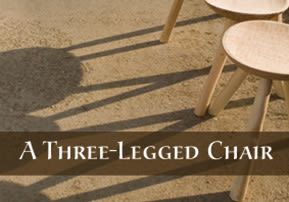
Ki Tisa: A Three-Legged Chair
Parshat Ki Tisa: The three outstanding characteristics of Israel - kindness, modesty, and compassion - are inherited from the patriarchs...

Translated and abridged by Rabbi Chanan Morrison
Parshat Ki Tisa
After the Israelites worshipped a golden calf, God suggested to Moses that the people be replaced by Moses' own descendants:
"Do not stop Me as I unleash My wrath against them and destroy them. I will then make you into a great nation."(Ex. 32:10)
Moses, however, rejected this offer. The Talmud records the argument that Moses used in defense of the Jewish people:
"Master of the Universe! If a chair with three legs cannot endure Your anger, certainly a chair with only one leg will fare no better!" (Berachot 32a)
What was this 'chair with three legs'? This refers to the foundation of the Jewish people on three spiritual 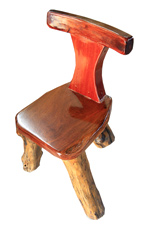 giants: Abraham, Isaac, and Jacob. What was the special heritage that the Avot (the forefathers) passed on to their descendants?
giants: Abraham, Isaac, and Jacob. What was the special heritage that the Avot (the forefathers) passed on to their descendants?
Three Inherited Traits
The Avot succeeded in instilling in the hearts of their descendents their own unique character traits. Even if later generations should abandon the path of their righteous fathers, the imprint of that spiritual greatness remains, and their failings may be rectified.
The extent of the influence the Avot had on their descendents was a function of the intensity with which those holy traits permeated their own souls. Abraham, Isaac, and Jacob had internalized these characteristics so profoundly that they became an eternal heritage for all generations.
It is possible that the three outstanding characteristics of Israel – kindness, modesty, and compassion (Yevamot 79a) — are inherited from the Avot, each one from the father who had made that particular trait the focus of his personality. Abraham was legendary for his acts of kindness. Isaac was distinguished in his modest and inward nature. And Jacob acquired a profound level of compassion, as demonstrated by his deep love for his children.
How did worshipping the golden calf change this?
The sin of the golden calf was diametrically opposed to these very traits. This sin involved not only idolatry, but also bloodshed (the murder of Chur) and licentious behavior ('they got up to make merry'). Murder is clearly the opposite of compassion, and licentiousness is the opposite of modesty. Idolatry, Rav Kook explained, is the opposite of kindness. Care for others is rooted in sincere belief in God's Oneness, which leads one to recognize that all of creation should be united in helping one other for the common good. Idolatry, on the other hand, emphasizes division and satisfying one's own physical desires.
With the sin of the golden calf and the resultant loss of those holy traits inherited from the Avot, Divine justice decreed that the people deserved to be replaced.
The Advantage of Three Legs
But Moses, the faithful shepherd, defended his charges. How could one be sure that his own descendents would retain their spiritual heritage any better? Despite the unique level of perfection that Moses' soul achieved, the inheritance of the Avot had a clear advantage. Each forefather focused on and perfected a particular trait, which he then transmitted to his descendants. Moses enjoyed a harmonious balance of these characteristics. But by the very fact that they were blended into one personality, these qualities lacked the unique potency of a trait that is at the very core of a great personality.
The spiritual traits of the fathers were marvelously united in Moses, like a chair with one leg. The original heritage of the Avot, however, was far more powerful, supporting future generations like three distinct legs.
(Adapted from Ein Eyah vol. I, pp. 143-144)
* * *
Rabbi Chanan Morrison of Mitzpeh Yericho runs http://ravkookTorah.org, a website dedicated to presenting the Torah commentary of Rabbi Avraham Yitzchak HaCohen Kook, first Chief Rabbi of Eretz Yisrael, to the English-speaking community. He is also the author of Gold from the Land of Israel (Urim Publications, 2006).



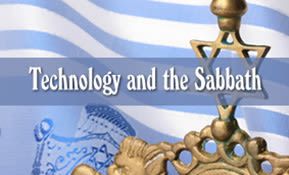
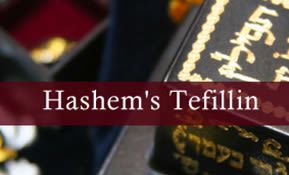

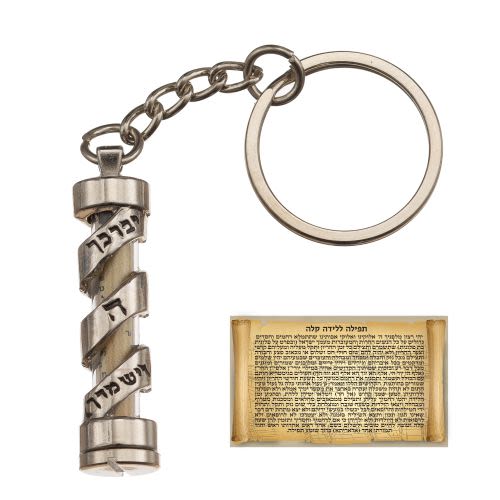

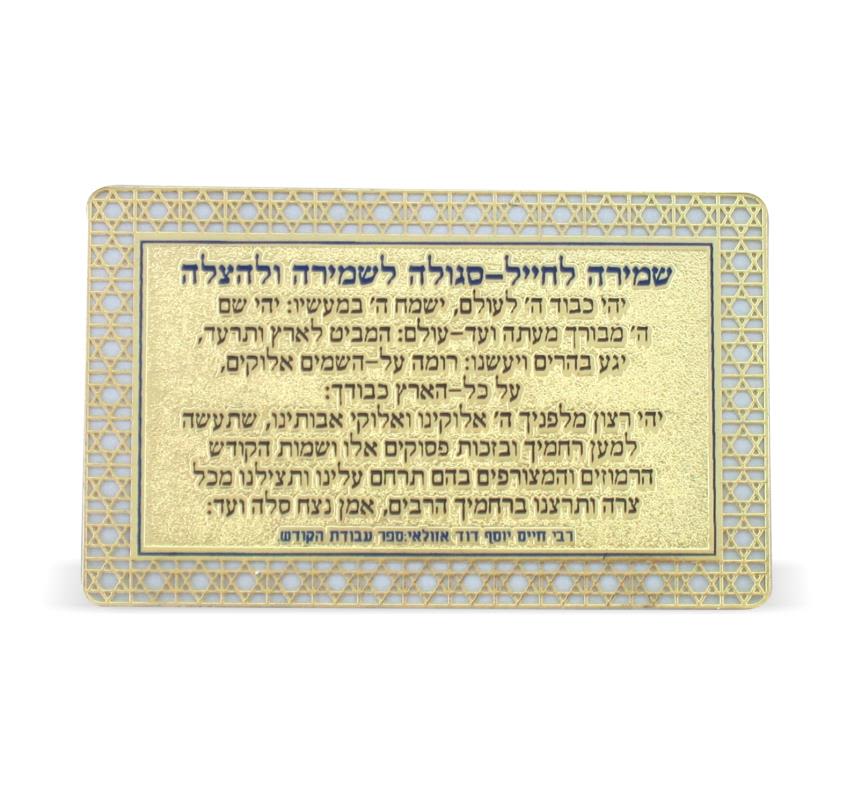

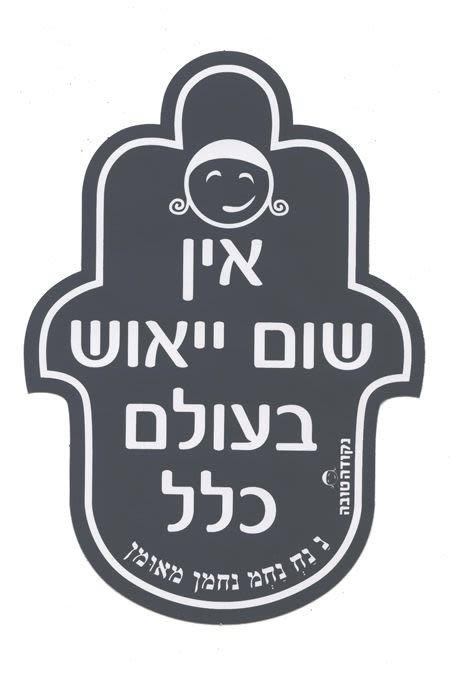
Tell us what you think!
Thank you for your comment!
It will be published after approval by the Editor.